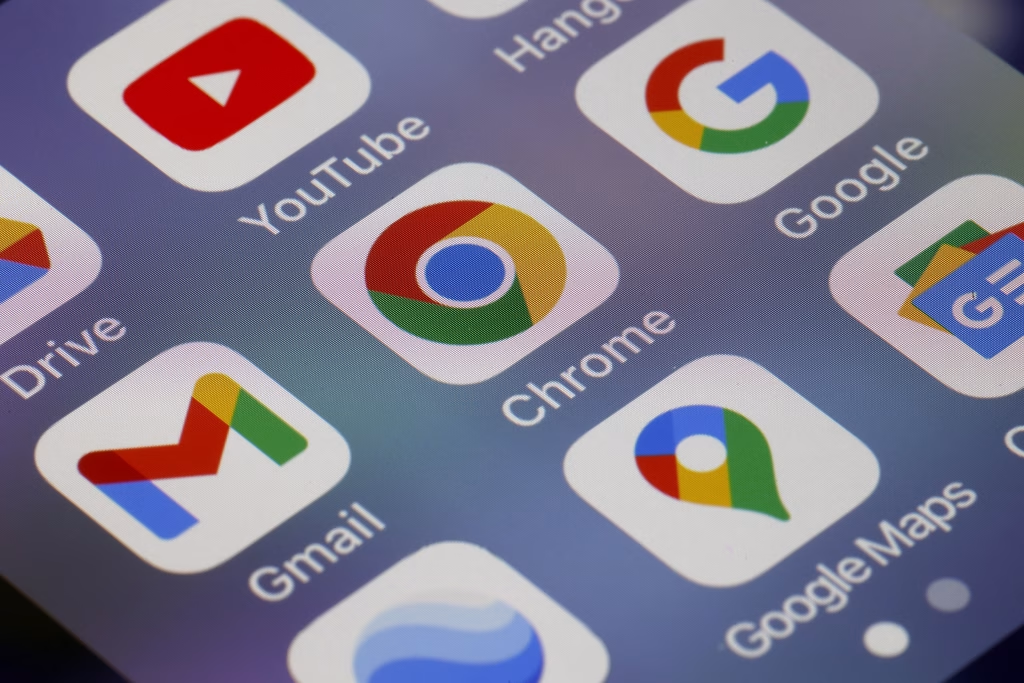As Google accelerates its pursuit of artificial intelligence dominance, the tech giant is now tasked with ensuring the technology does not jeopardise its core advertising revenue — which still underpins the majority of its business.
Google has begun experimenting with ads within its newly introduced AI Mode for search, a feature designed to deliver more conversational, personalised results. This shift is seen as both a response to the popularity of ChatGPT and a significant test of how advertising can evolve in an AI-first world.
“There’s no doubt that AI is becoming a go-to source for answers,” said Roger Beharry Lall, Director of Advertising and Marketing Technology Research at IDC. “That will inevitably change how brands approach search and advertising opportunities.”
Generative AI tools — including chatbots like ChatGPT — have so far offered a largely ad-free experience, but Google, which earns over two-thirds of its income from ads, is under pressure to commercialise its AI offerings in similar fashion to its traditional search engine.
“Google needs to monetise AI search as effectively as it has monetised previous iterations,” said Avi Greengart, analyst at Techsponential, speaking at Google’s recent developer conference.
AI Mode within Google Search now offers users answers in various formats — such as videos, audio responses, and infographics — and the company has started integrating advertising content into these results.

This builds upon its “AI Overviews,” which provide users with summarised responses at the top of search results pages. These summaries already appear above organic links and traditional ads, and are now being expanded to desktop users in the US following earlier rollout on mobile.
More than 1.5 billion people interact with these AI Overviews monthly, according to Google.
“We’re already living in the AI-fuelled future of advertising,” said Vidhya Srinivasan, Google’s Vice President of Ads and Commerce. “We’re reimagining ads to help users discover — not disrupt.”
Beharry Lall noted that Google is “doing a good job of adapting,” and said this phase was about experimentation and building user familiarity with new ad formats.
Google’s aggressive move into AI brings it into more direct competition with ChatGPT, which recently incorporated real-time web search functionality.
In addition to reinventing ad delivery within search, Google is also rolling out new AI-powered tools to help businesses craft online advertising campaigns more efficiently — echoing similar offerings from Meta, its main rival in digital advertising.
These features, initially available in the US, are designed to help businesses reach potential customers through targeted AI algorithms that anticipate search behaviour and increase conversions.
“AI is especially useful in advertising when it comes to precision targeting,” said Carolina Milanesi, an analyst at Creative Strategies.
Google may also find new revenue opportunities by charging for these AI advertising tools or for access to the vast troves of user data it holds.
Milanesi pointed out that AI agents acting on users’ behalf — whether making bookings or offering recommendations — will require rich data to function, and gaining access to that data may come at a cost.
Such monetisation strategies could help Google diversify its income, particularly as regulators scrutinise its advertising practices more closely.
“There could be entirely new business models built around how brands appear in AI-generated responses,” added Beharry Lall.
However, the analyst warned that transparency around which responses are paid and which are organic would be a major concern. “That’s going to be the multi-million-dollar question,” he said, noting that regulatory guidance would likely be required to ensure ethical standards are maintained.


 Trending
Trending 